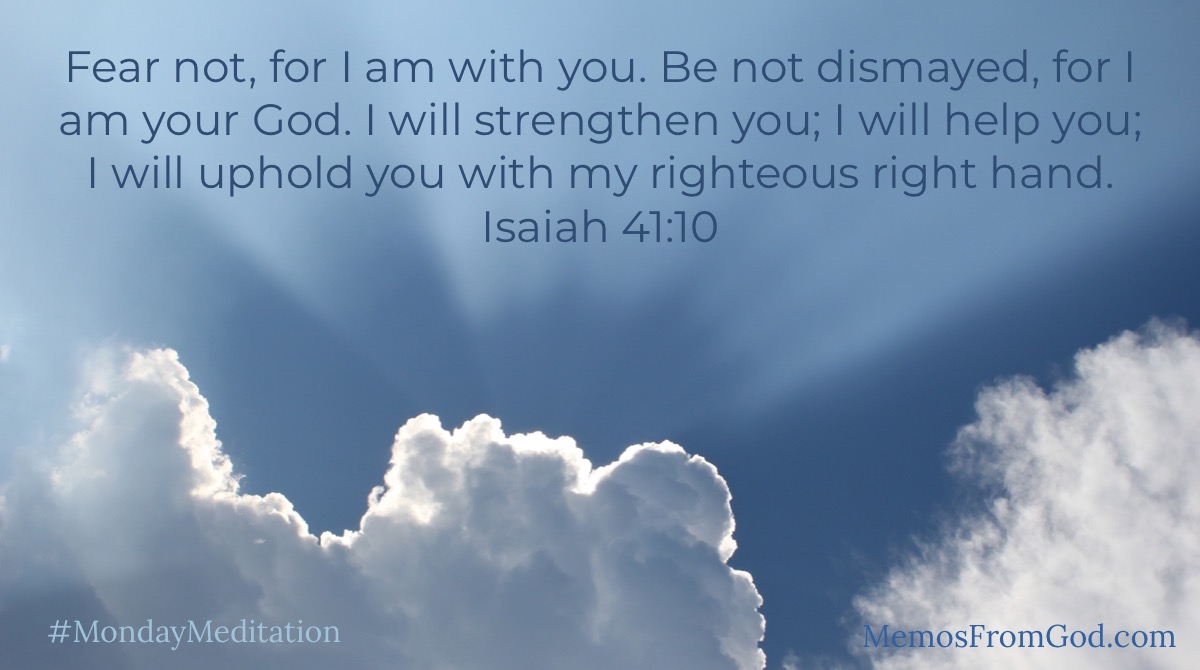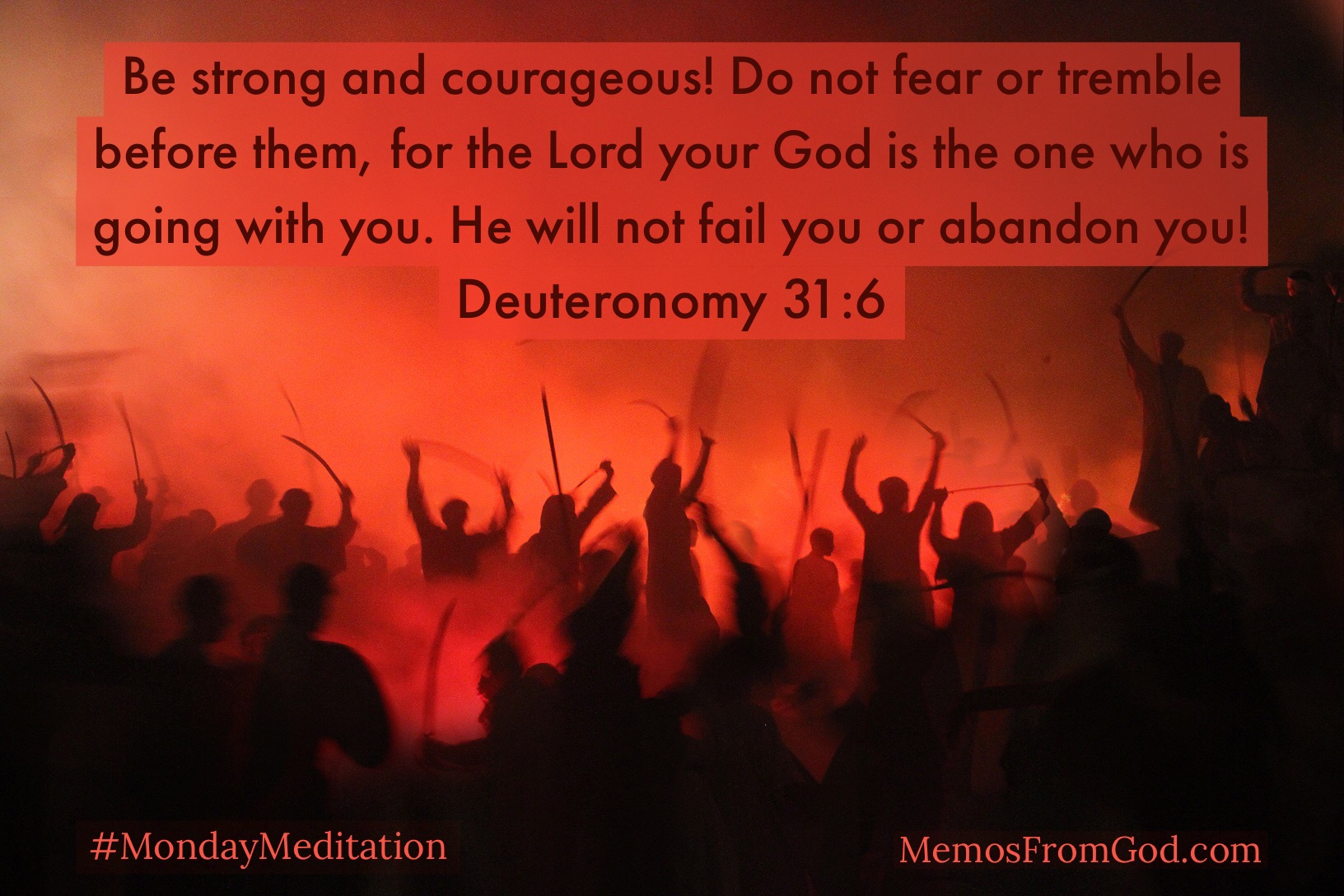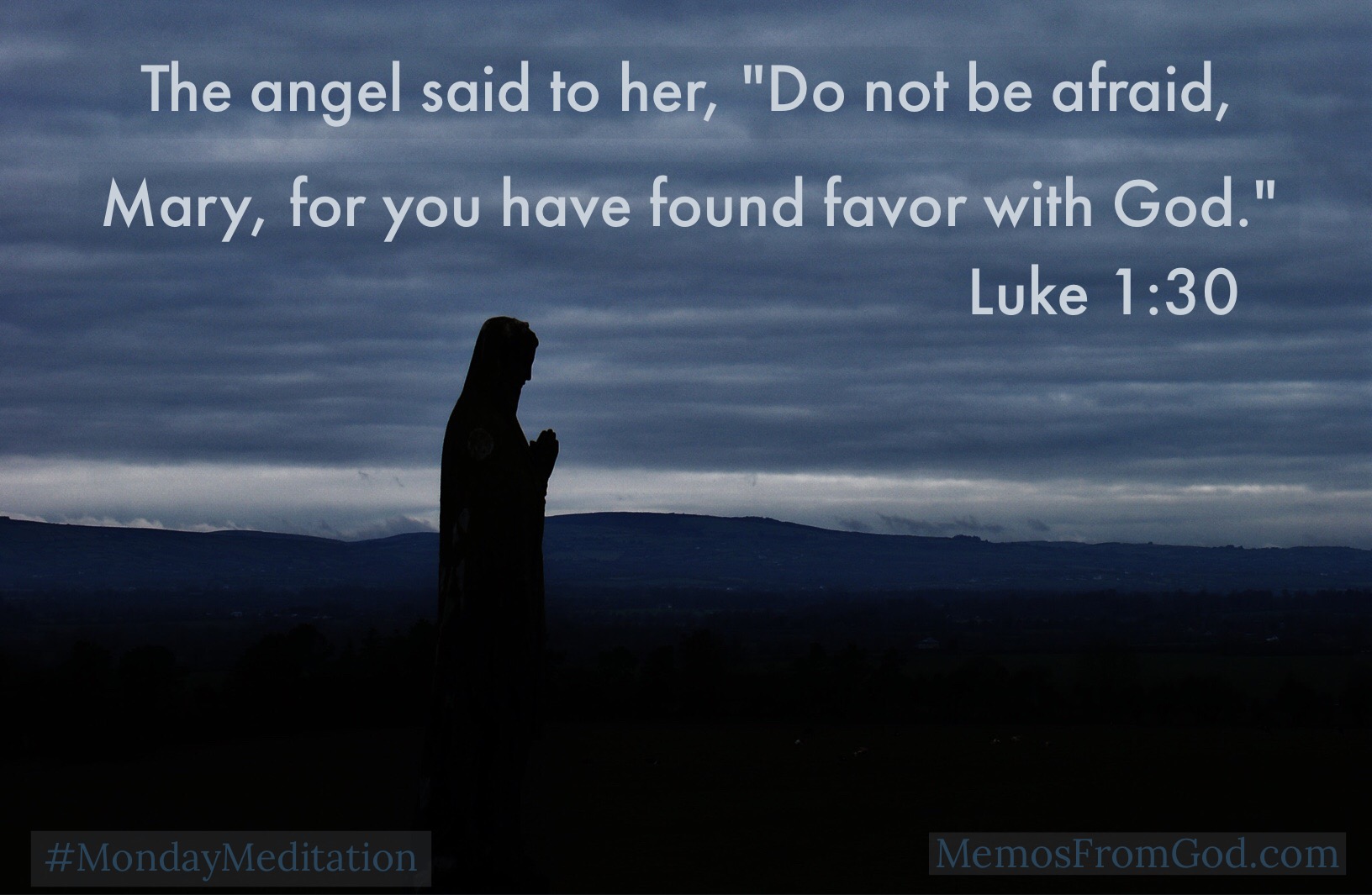
Category: Courage


Genesis 6-9 Noah movie: courage, faith, hope
Today's post was written by and used with permission from Rusty Wright.
---------
OK, how would you feel if you thought you heard God telling you he was going to destroy every living thing on earth with a great flood?
Except he wanted you to build a boat to survive the tumult with a few relatives and a slew of creatures.
Would you jump at the challenge? Run and hide? Ask – as Bill Cosby did in his classic comedy routine portraying Noah – “Right! Who is this really?”
Perhaps you’ll sense how the biblical Noah felt. Paramount Pictures and director/co-writer Darren Aronofsky bring Noah to the big screen in North America and worldwide throughout late March and April. The cast includes Russell Crowe in the title role, Jennifer Connelly, Emma Watson and Anthony Hopkins.
With breathtaking cinematography, this film imagines some intense struggles for Noah and his family. We see sorrow for lost masses, interpersonal conflicts, and practical realities of living on a creature-packed craft.
Taking Liberties
Paramount says Noah’s story “inspired” the film, but that “artistic license has been taken.” Too much license, feel some. I’m reminded of TV’s iconic psychiatrist Frasier Crane, concerned that an employee was “taking far too much liberty with the liberty-taking!” Readers of the biblical Noah story won’t find there, for instance, the film’s multi-armed fallen angels, its pronounced environmentalist message, or hordes of people fighting to board the ark.
The biblical account is short – mostly Genesis 6-9 – with little detail about ark life. So, yes, the filmmakers took liberties – many. Aronofsky recently told The Atlantic he views the story “as poetry and myth and legend” that helps us understand the world and ourselves.
But the essential framework of the biblical flood story – human evil, divine judgment, hope and salvation – remains in Noah. Consider these facets of that story and their modern implications.
Human Evil; Divine Judgment
Genesis says humanity was a mess: “The Lord observed the extent of human wickedness on the earth, and he saw that everything they thought or imagined was consistently and totally evil. … It broke his heart.”
Human corruption prompted him to “destroy every living thing.” But “Noah was a righteous man … [who] walked in close fellowship with God.” God told him to build a large boat, specifying precise dimensions and design.
Filmmakers took pains to follow biblical specs for their ark. The production designer had many ideas for the ark’s appearance, but Aronofsky, who is Jewish, insisted, “No, the measurements are right there.”
Salvation, Hope, Promise
Noah built his ark and took aboard his wife, their three sons with their wives, plus pairs of animals, birds and crawling creatures. Elaborate computer-generated imagery portrays the animals for film.
Rain poured, underground water erupted, and floodwaters covered the earth. Every human, bird and land animal not in the ark perished. The waters receded, the earth dried, and the ark inhabitants disembarked. God promised never again to destroy the earth by flood, offering the rainbow as a pledge reminder.
Faith; Future
If you attend the film, I suggest reading the biblical account first, then again after the screening. Noah’s story has much for a 21st–Century audience, including two nuggets about faith and the future.
The New Testament lauds Noah for his faith. He was not perfect. “Wickedness is…in all of us,” he tells his wife in the film. His own drunkenness – depicted in the film – led to embarrassment and family conflict. But his faith in God mattered. I came to faith as a skeptical university student. It has made all the difference in my life.
Concerning the future, Jesus indicated his second coming would be “like it was in Noah’s day” with people carrying on their routines and unaware of impending peril. “You also must be ready all the time,” he continued, “for the Son of Man will come when least expected.”
I want to be ready.
---------
Rusty Wright is an author and lecturer who has spoken on six continents. He holds Bachelor of Science (psychology) and Master of Theology degrees from Duke and Oxford universities, respectively. www.RustyWright.com
---------
This movie is rated PG-13 (USA) for "violence, disturbing images and brief suggestive content"
Philippians 1:29 Don’t Be Chicken – Finding Courage In Unusual Places
Today's post was written by and shared with permission from Ann Mainse.
---------
One of our family’s favourite classic movies is the “claymation” production by Dreamworks called, Chicken Run. The story revolves around a group of portly chickens and one stately older rooster who realize they’ve been “cooped up” far too long. The leader of the chickens is Ginger, an extremely intelligent and determined hen who refuses to spend the remainder of her days “fenced in” at the mercy of the sinister farmer. However, time and again their escape attempts from the concentration-camp-style chicken coop all ended in failure until, through a series of mishaps, they discovered a picture of an airplane. “This is our answer,” Ginger announced, and the group quickly coordinated the construction of their very own flying machine. However, as most good plans do, theirs ran into a snag when they were discovered by the bumbling farmer (hence, the famous line, “The chickens are organized!” – said in my best hackney accent). They had to act, and they had to act NOW.
As you can imagine, the announcement of immediate action only served to ruffle the feathers of the already “chicken” chickens. But Ginger wasn’t about to give up. Right there on the spot she gave an impassioned speech on why they should act, resulting in thunderous applause. However, it was the response from Babs (the hen that seemed always one egg short of a dozen) that still gives my family a good chuckle. At the height of her rallying cry, Ginger announced, “We’ll either die free chickens – or die trying!” That’s when Babs, with a quivering beak, asked, “Are those the ONLY choices?” Our family just loves that part! I think it’s because, whether we admit it or not, deep in our hearts, we are Babs. Facing the potential of suffering is a reality we’d really rather avoid. That’s why when reading certain passages in the Bible, most of us are stopped cold in our tracks.
The Apostle Paul was definitely a man who knew the meaning of suffering for his faith. In fact, he wrote several of his letters (which make up a good portion of the New Testament) while in prison. Just listen to what he wrote while sitting in a prison cell in Rome.
“There’s far more to this life than trusting in Christ. There’s also suffering for Him. And the suffering is as much a gift as the trusting.” Philippians 1:29 (The Message)
Did you get that? Suffering for Jesus is as much a gift as trusting in Him. Suffering is a gift. Hmmm… now there’s a sobering thought. One that (for most of us) doesn’t go down very easily. Another nugget to chew on is found in the fifth chapter of the letter Paul wrote to the church in Rome (actually it’s more like a full buffet of thought-provoking morsels).
“We can rejoice, too, when we run into problems and trials, for we know that they help us develop endurance. And endurance develops strength of character, and character strengthens our confident hope of salvation. And this hope will not lead to disappointment. For we know how dearly God loves us, because He has given us the Holy Spirit to fill our hearts with His love.” ~ Romans 5:3-5
Whoa… that’s a lot to take in. Let me get this straight. Problems >>> endurance >>> strength of character >>> confident hope of salvation >>> revelling in God’s love. You know, when you look at it that way, it doesn’t sound so bad. And the more you read of the Bible, the more you discover a theme. Even the Apostle James had something to say about it.
“When troubles come your way, consider it an opportunity for great joy. For you know that when your faith is tested, your endurance has a chance to grow. So let it grow...” ~ James 1:2-4
So to recap… Troubles come >>> great joy >>> endurance grows. Yep. There’s definitely a pattern. The obvious progression of suffering ultimately producing a growth in grace is undeniable. And with more grace comes a greater intimacy with the Grace Giver. And when you boil it all down, isn’t that the bottom line?
So to all the Babs in the world (myself included), you need not fear suffering. As we trust in God’s faithfulness, we can be assured that the process (no matter how long) will ultimately end in our good (Romans 8:28).
And just like our feathered friends, once we make it over to the other side, we’ll find that, really, it’s all been worth it.
---------
You can see more blog posts from Ann Mainse at crossroads360.com/blog. Crossroads360.com is a multi-channel service providing entertaining, informative and transformative content. In addition to blogs, there are episodes of past television shows as well as exclusive web content. Their channels include KidsSpace, God Stories, Music, Explore Faith, Nostalgia, Everyday Life and News.
